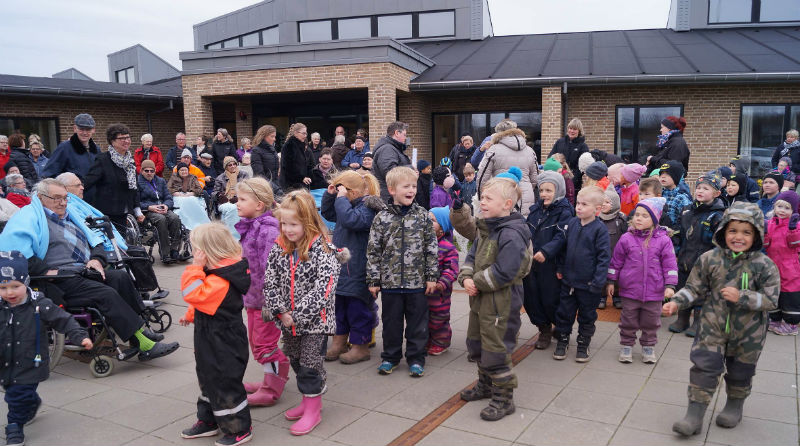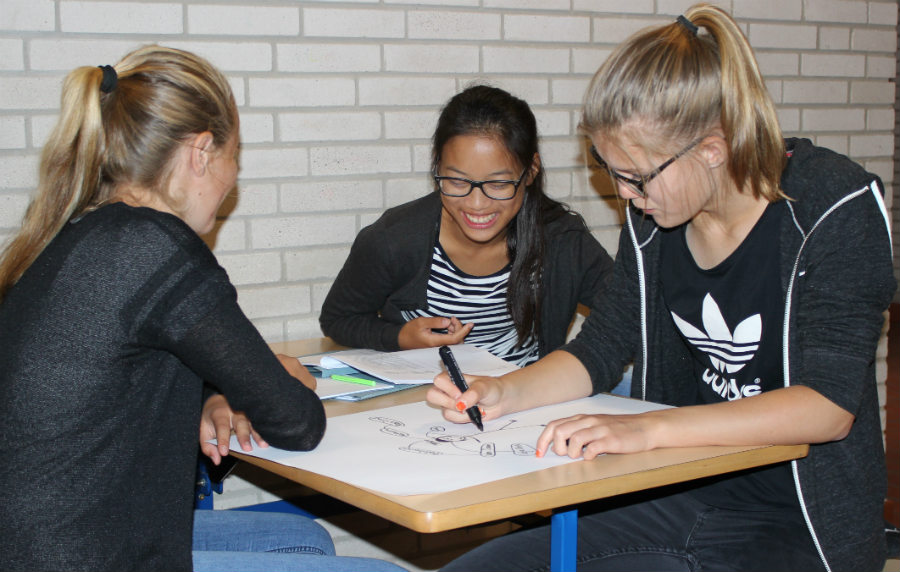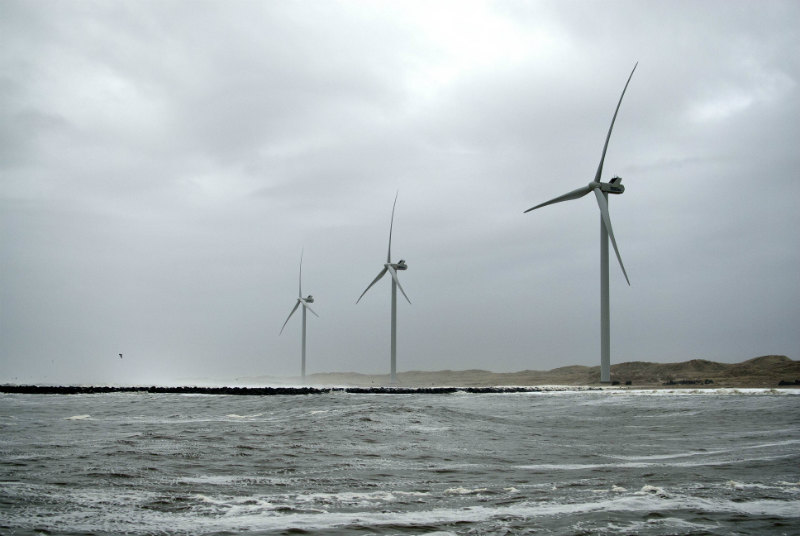We get value for our money
You may have heard that in Denmark we have a very high tax rate, which means that we pay a great part of our wages to tax. You are right. In return, however, we also get value for our money, which you probably pay in another way in your native country, for example through insurance schemes, or maybe you do not get anything in return. In Denmark, everybody contributes to the development of society and welfare services, to the mutual benefit of all.
Tax is to be paid from all income. When you have a paid job in Denmark, you therefore need a tax card as one of the first things. Your employer is liable to withhold tax from your wages before payment of these and make sure that the money is transferred to the tax authorities: SKAT. For more information, click on MOVING – STEP BY STEP on how to get a tax card.
How much you must pay in tax varies, depending on income and any deductions, but you will typically have to pay around 38-39 per cent in tax of the part of the wages beyond any deductions.
The Danish tax income system is progressive. This means that the percentage in tax increases as income increases. There are various basic allowances and tax rates, which are divided between the State, health contributions to the regions, and tax to your local municipality. You also pay a labour market contribution and if you are a member of the DANISH NATIONAL CHURCH you pay church tax.
Other Taxes and Duties
Besides, everybody pays 25 per cent VAT on all goods bought in Denmark. The excise duty is paid on everything, ranging from a pint of milk or a tray of paté, to a refrigerator or maintenance of your car. VAT is normally included in the prices for ordinary consumers, but do not forget to ask for the price to be quoted including VAT, if you ask for a car repair quote or other bills from artisans.
Special excise duties of varying extent are also paid in Denmark as a part of the price of for instance cars, liquor, and cigarettes. Green excise duties are taxes, payable for use of resources in society. The more resources you use, the more green excise duties you must pay. To get the citizens to reduce their consumption, so-called green excise duties are charged on petrol, oil, electricity, water, and waste.
Tax of varying size is also paid on property and business profits.
For more information click SKAT.DK.

Fjordparkens nursing home, Ringkøbing - Foto: Lene Østergaard
Taxes pay for good Welfare
As a citizen in Denmark, you receive a number of welfare services paid via taxes. For example, we have free medical care and free hospital treatment. Free dental care for children up to the age of 18 is also granted as well as state subsidies for DENTAL TREATMENT of youngsters and adults. Public subsidies for childcare are also granted, but for low-income families or families with several children a further reduction of the parents’ fee is possible in order to have the children taken care of in day care, crèche, day nursery, and leisure facilities. In some cases, free places can be granted.
A public grant of varying size to families with children is granted, depending on the number of children and the age of the children. “Udbetaling Danmark” is among other things the authority responsible for a number of benefits covered by taxes. Click here for more information about these, contact details, and self-service solutions.
Use google translate to link pages.

Foto: Tim Skole
Free education and free institutions
We have free education in state schools, upper secondary education, and further education. We also have free institutions for both children and adults, physically and mentally handicapped with special assistance needs, as well as public elderly care for people in their own homes or in nursing homes.
We have free libraries, and state subsidies for the running of a number of cultural offers are granted, too.
The sick, the unemployed and the elderly, who do not have income possibilities of their own, consisting of unemployment insurances or pension schemes, can be aided by the Danish social system in the form of a so-called social security.
However, in this connection you must be aware that - as a foreigner - you cannot be granted permanent residence in Denmark if you for example have been receiving social security or educational support in the past four years prior to the application concerning a permanent residence permit. For more information in English about the rules, click HERE.
In Denmark we also have a tax-financed pension for all elderly people, state pension, and an early retirement scheme for people who cannot work due to illness. Normally you have to be a Danish citizen in order to be able to claim Danish state pension or early retirement, but in some cases you can claim the full amount or a smaller proportion of the full state pension. Click HERE for more information about the conditions and about Denmark’s special agreements with a number of countries about social security.
Clean Environment and Industrial Development
The high taxes in Denmark are also spent on jointly solving a number of other tasks. For instance, we have good public roads, both locally and regionally. To cover the national traffic we have many motorways and public transport with good train- and bus services between the regions. We also get more and more cycle paths for the money.
Danish society also pays high priority to a good environment and clean drinking water, good waste- and sewage systems, and part of the expenses go on prevention of diseases and pollution plus development of alternative and sustainable forms of energy. Tax money is spent on supporting industrial development and new work places, and among other things, we also have a Working Environment Authority, run by the state, to keep an eye on the companies ensuring their employees good and safe working environment conditions.

Foto:hvidesande.dk